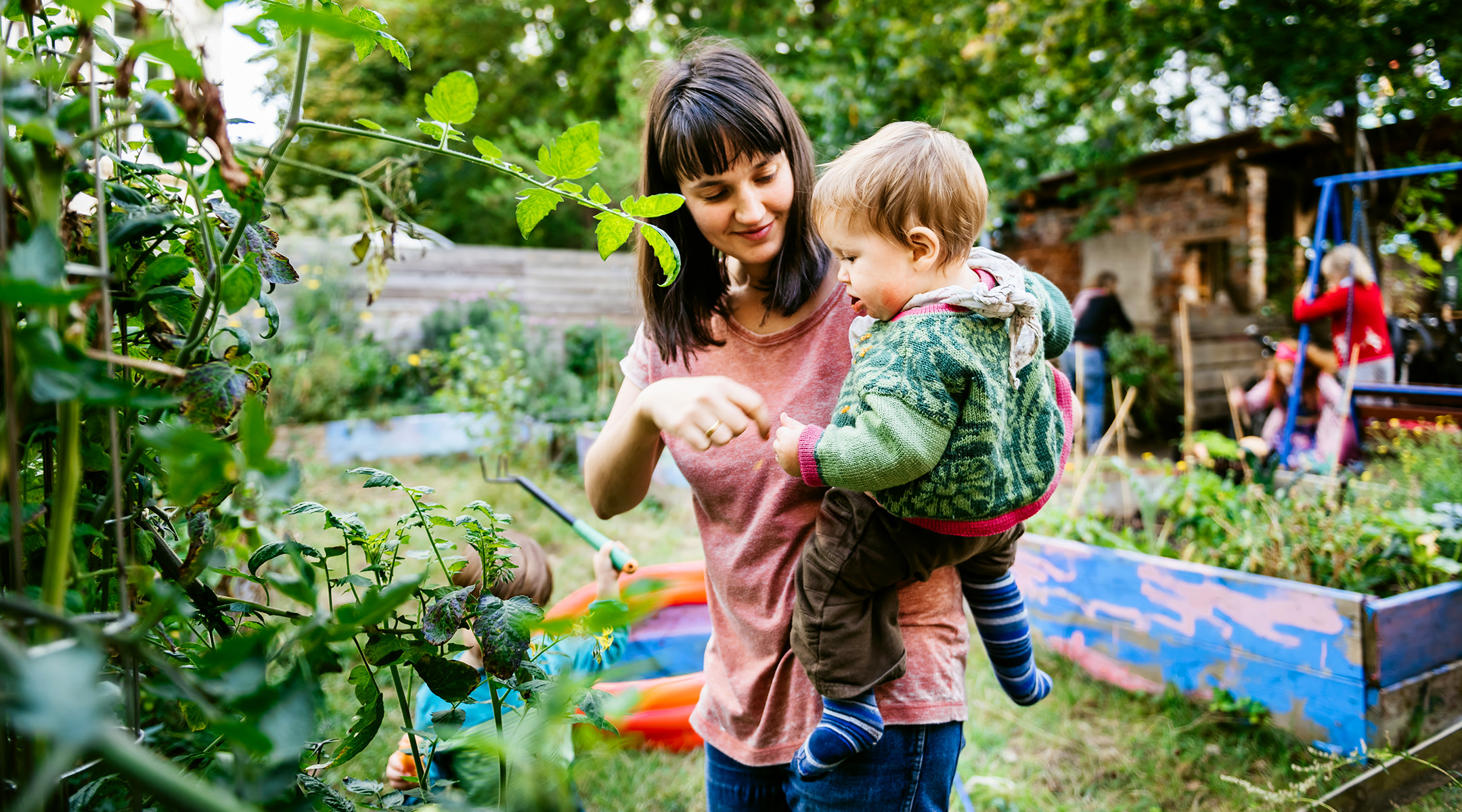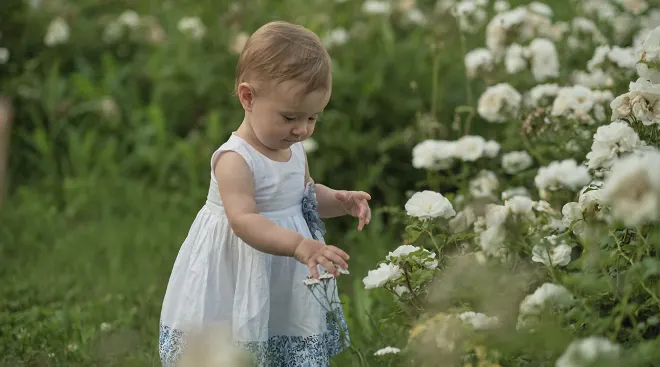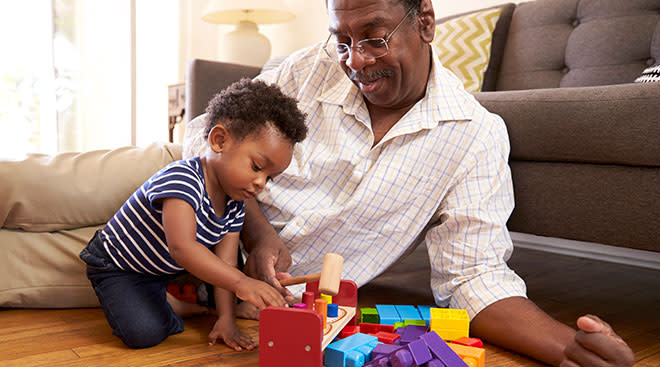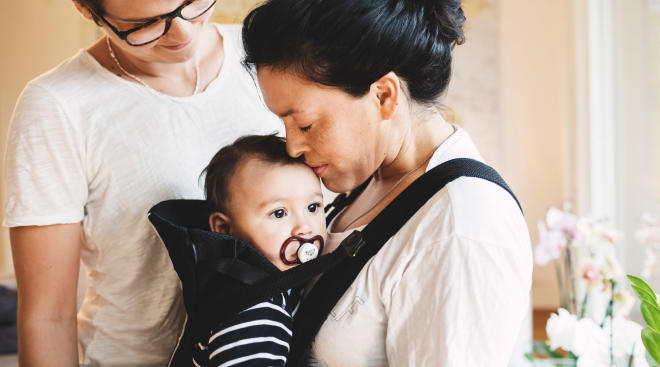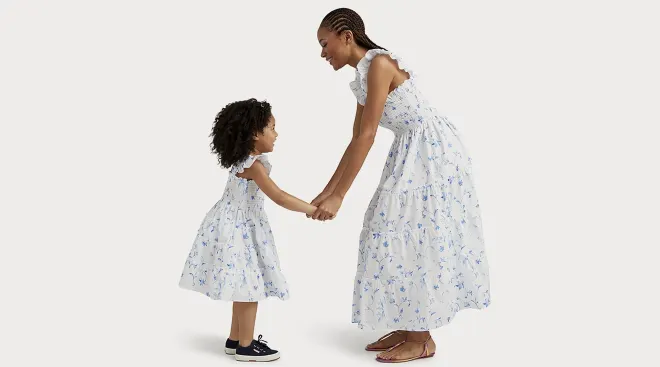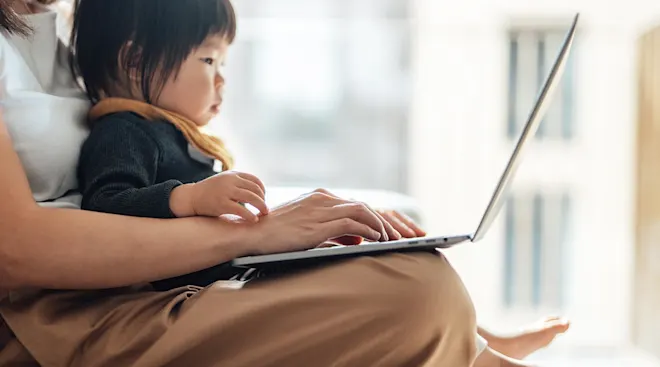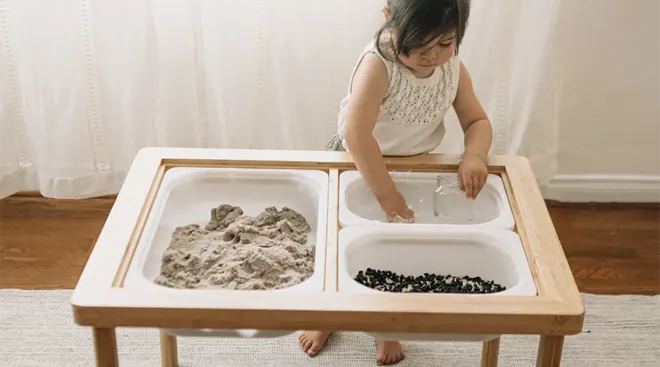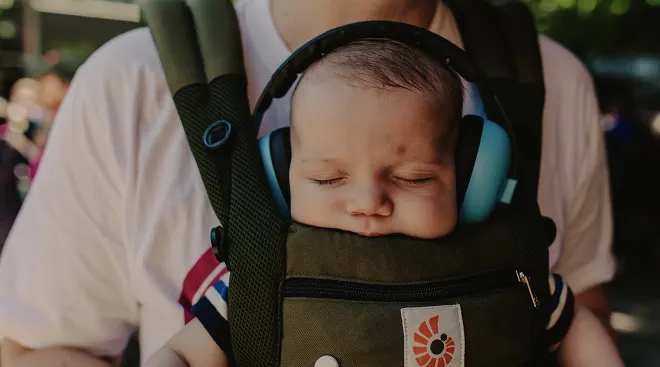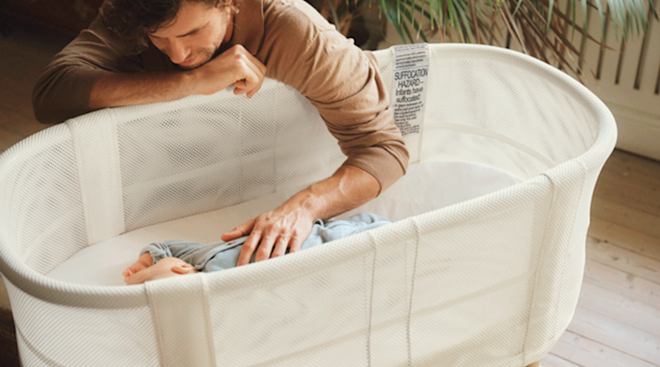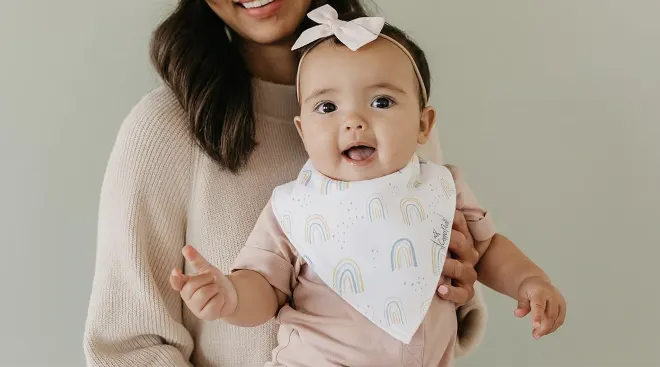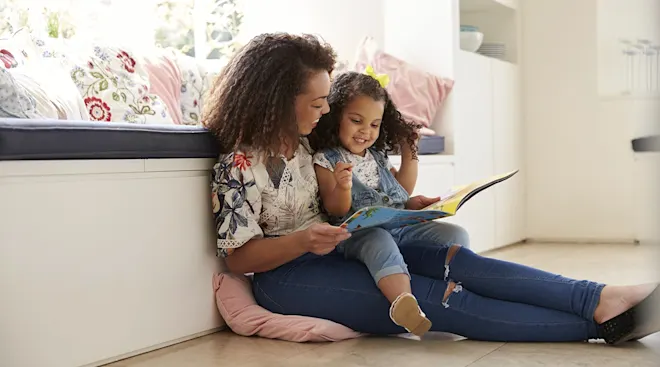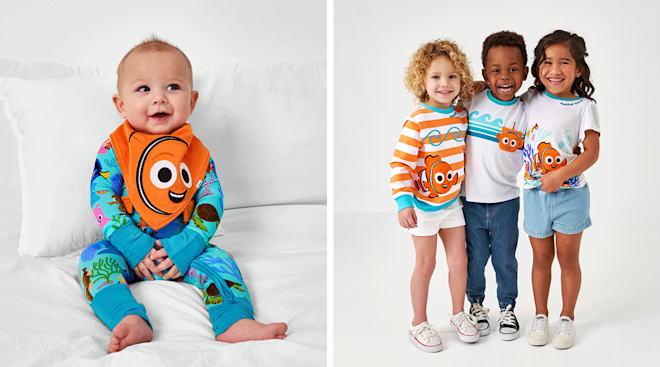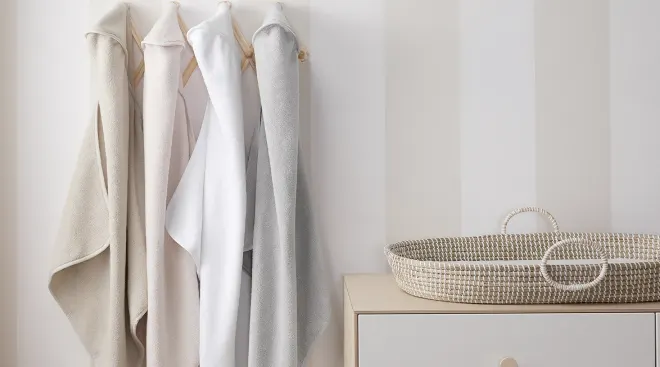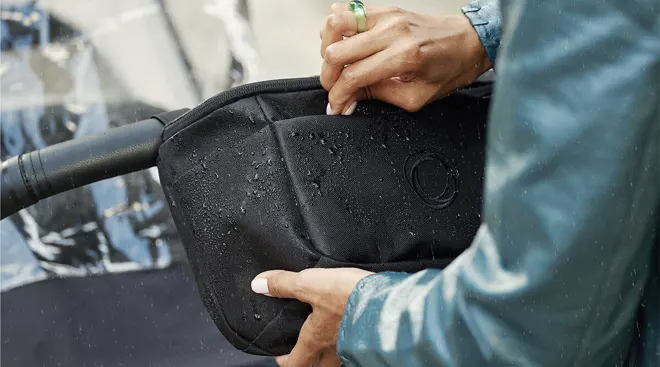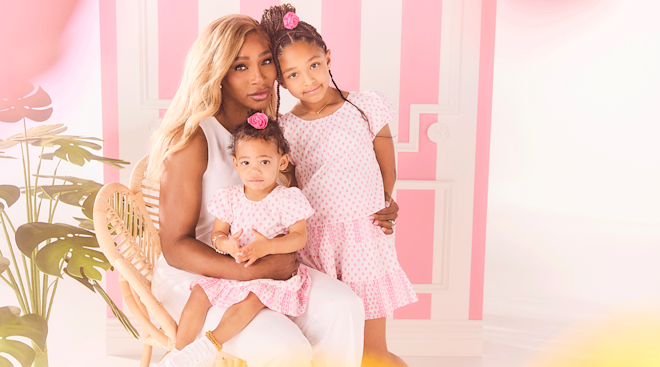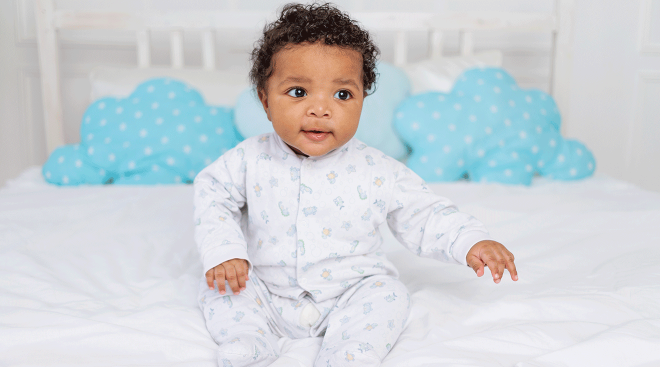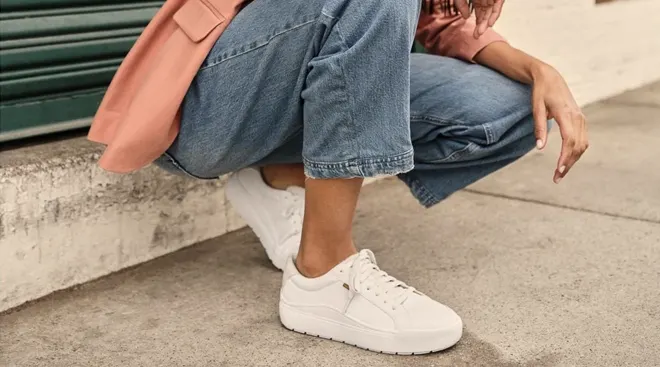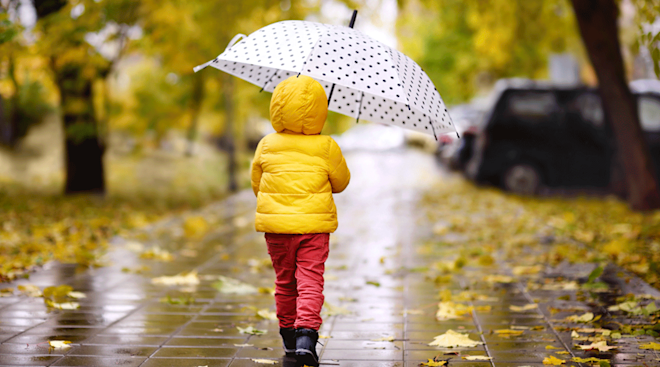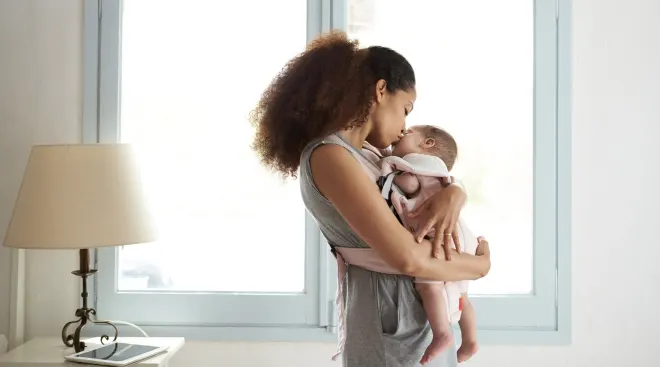How to Raise an Eco-Conscious Child
Living more sustainably is a goal many of us have for the overall health of our planet and the future of our families. Ultimately, the best way to take care of the environment is to raise the next generation to prioritize Mother Nature. “With the knowledge we have today, it’s impossible to be a responsible participant in modern society without an appreciation for nature, an awareness of the vulnerable state our planet is in and the impact human activity has on our climate,” says Michelle Visser, founder and CEO of Honest Baby Clothing. “Teaching children about eco-friendliness today is a parental responsibility as fundamental as teaching them how to be tolerant or compassionate.” Below, some tips on how you can make your family’s lifestyle a little more sustainable and raise eco-conscious children that love our planet.
This is the best way to teach your kiddo to be eco-friendly. “Children look up to their parents and love to mimic their behavior,” says Brian Heuer, a product specialist at eco-friendly baby brand Modern Nursery. “Don’t just talk about [sustainability], really [practice] it.” Teach children early on to care about the planet and save energy by doing things like turning off lights that aren’t being used, closing all windows when the heat or air-conditioning is running and turning off the tap when brushing their teeth. “[These] are all valuable, daily lessons,” adds Visser.
According to the Environmental Protection Agency (EPA), the largest source of greenhouse gas emissions in the United States is transportation. In fact, every gallon of gasoline used produces roughly 19 pounds of carbon dioxide. To cut down on your family’s carbon footprint, consider walking to your destination whenever possible, Visser says. Not only is it good for the environment, but you and your family will get fresh air and exercise. Another fun alternative? Bike to your destination and bring your little one along in a safe and comfortable bike seat. (Just wait until baby is at least 12 months, so their head and neck muscles can support the weight of a helmet, advises the American Academy of Pediatrics (AAP).
Teach your little one to always pick up after themselves and dispose of trash in the proper containers. Using colorful storage bins is a great way to begin teaching your tot about different types of trash, separating recyclables, compostable items and landfill items, Visser says. Kids love placing things into containers—you’ll be surprised at how quickly they’ll figure out this system, making an ordinary household chore faster for you and fun for them. You can even make separating the garbage more playful by creating a friendly contest between family members and siblings…
Eliminating single-use plastics in daily life can make a huge difference when it comes to sustainability. Set a good example by ensuring everyone at home drinks from a reusable water bottle or cup, and teach your little ones to do the same. And swap out single-use paper towels with burp cloths, cloth napkins and dish towels. While you’re at it, bring reusable bags to the grocery store or farmers market—maybe even snag a pint-size version so your child can follow in your eco-friendly footsteps! Those pesky plastic bags are one of the primary polluters in natural environments, so do your best to decrease your use of them—and teach your kiddos to do the same. “Showing children how to recycle is an easy way to set them on a path to understanding sustainability,” Visser notes.
Instead of bringing home another store-bought toy that may soon collect dust in the toy box, make playtime eco-friendly by creating your own fun—and recycling at the same time. Get crafty and make DIY instruments by filling an old baby food jar or plastic bottle with dried beans (just be sure to glue the top shut to avoid spills), or cut holes in a cardboard box and fill it with different objects to create sensory play. When you do purchase new items, embrace the idea that less is more. Invest in a few high-quality wooden toys and rotate them so playtime stays fresh. “Wood is best, as it’s sustainable,” Heuer says, adding the production process of plastic toys is often less eco-friendly.
It’s no secret that little kids accumulate a lot of gear. Clear out your home by donating gently used clothes, furniture, toys and baby gear to loved ones or charitable organizations like Goodwill and Habitat for Humanity. When they’ve outgrown their items, ask your toddler to help you choose which toys and books they want to donate. Having them help pare down their items is another great tool for teaching “compassion and the importance of giving back,” Visser says. To make this easier, many baby brands also now offer buy-back or trade-in options for used gear, including Ergobaby, Target, buybuy BABY and more.
Along with donating, consider shopping secondhand. Babies grow quickly and have a natural proclivity for staining everything. According to researchers at Cornell University, there’s 14.3 million tons of textile waste produced annually. Of that amount, approximately 12 million tons get thrown out (rather than recycled or donated) and end up in landfills. Instead of buying brand-new outfits you’ll eventually want to toss, get clothes, toys and other select baby gear used. Not only is it a more eco-friendly practice, you can also sometimes find items with tags still attached at a fraction of the retail cost. Just be sure to wash everything well before wearing and using.
In recent years, many brands have stepped up and taken on wider responsibility for the toll product production takes on the environment. Think carefully about what brands you put your money behind and consider only supporting eco-friendly brands with carefully planned environmental goals and sustainable practices.
Growing a seed in a cup is a popular preschool activity—and for good reason. Whether you make a garden in your yard, grow veggies in planters on your deck or set up a little herb garden on the kitchen windowsill, it’s never too soon to start teaching your little one to nurture and care for living things. “Taking care of your own vegetables is a wonderful way to get kids to appreciate the benefits of buying locally grown foods and watching things come to life,” Visser says. Herbs are especially great since they’re usually easy to take care of and teach kiddos about fresh flavors. Before you know it, basil pesto pasta might just replace boxed mac-n-cheese as the go-to favorite at your dinner table. Plus, gardening your own vegetables and fruits can also help reduce your carbon footprint, Heuer says.
Take hikes, go to the beach and explore all the “flora, fauna and critters living all around us,” Heuer says. Visser adds that “the best way to get kids excited about our environment is to get them out in nature.” Make it engaging and educational. Little hands love collecting, so create a scavenger hunt, or give your toddler a small sack to gather up twigs, pinecones and leaves. Once you’re home, you can use these findings to create a keepsake collage.
Unless your little one is covered in spit-up or tomato sauce, they actually don’t need daily baths. Just half a tub can use up 35 gallons of water, the EPA notes, so scaling down bath time to three or so times per week can make a significant difference in your household’s water use. Plus, a little dirt may actually boost your child’s immune system. “We have many healthy, beneficial bacteria that live in and on our bodies,” says Michelle Bennett, MD, a pediatrician and mom of two based in Lexington, Kentucky. “Those healthy bacteria keep harmful bacteria at bay.” Got a full house? Save even more water by orchestrating joint baths. Bathing young siblings together generally doesn’t pose any hygiene concerns, unless one is recovering from a gastrointestinal infection. When you do bathe your children, opt for plant-based products that are gentle on their skin.
You already know it’s good to read to your kiddos, so why not teach them to love nature, the environment and recycling along the way? Little Green Books, an eco-friendly series, packages earth-conscious messages into fun, colorful stories, like The Polar Bears’ Home: A Story About Global Warming and The Adventures of a Plastic Bottle: A Story About Recycling. And don’t forget about the classic Dr. Seuss book The Lorax, which talks about sustainability and protecting the environment.
Yes, individually wrapped string cheese and Goldfish crackers are convenient to toss in the diaper bag, but all that single-use plastic packaging usually ends up in landfills, and baby won’t know the difference if their blueberry puree comes in a reusable cup or a disposable pouch. Instead, save resources (and money) by buying in bulk and packaging items yourself in reusable glass and BPA-free plastic containers. Also swap plastic utensils for reusable ones and paper napkins for burp cloths.
Add a few earth-friendly songs to your playlist. Jack Johnson’s The 3 R’s Song is catchy, easy to remember and teaches kids to reduce, reuse and recycle. The Laurie Berkner Band also sings a cute ballad called One Seed, which is about protecting Mother Nature. Search your music app or check out your local children’s library to see if they have other earth-friendly tunes to enjoy.
Earth Day (April 22), Arbor Day (April 28) and World Oceans Day (June 8) are widely acknowledged with plenty of local events and activities the whole family can enjoy. You can also make your own celebrations at home by planting a backyard garden or doing some spring cleaning. Of course, while these occasions are a great way to celebrate planet Earth, ultimately, the goal is to teach kiddos to keep these ideals in mind every day through their actions and in their routines.
About the experts:
Michelle Bennett, MD, is a pediatrician and mother of two in Lexington, Kentucky. She earned her medical degree from the University of Kentucky College of Medicine.
Michelle Visser is a sustainability expert and the founder and CEO of Honest Baby Clothing, an expansion of The Honest Company. She has over 20 years of experience in the sustainability and children’s space and has built and launched kids’ brands for Burt’s Bees, Ralph Lauren, Amazon, Pottery Barn Kids, Lucky Kids and more.
Brian Heuer is a father and product expert specializing in nontoxic items with eco-friendly baby brand Modern Nursery. He also has over 20 years of experience as a science teacher, during which he focused his studies on the effects of toxins on the human body and the environment. He received his bachelor’s degree from SUNY’s Purchase College in New York and received his master’s degree in education at CUNY’s Lehman College.
Please note: The Bump and the materials and information it contains are not intended to, and do not constitute, medical or other health advice or diagnosis and should not be used as such. You should always consult with a qualified physician or health professional about your specific circumstances.
Plus, more from The Bump:
Navigate forward to interact with the calendar and select a date. Press the question mark key to get the keyboard shortcuts for changing dates.
































